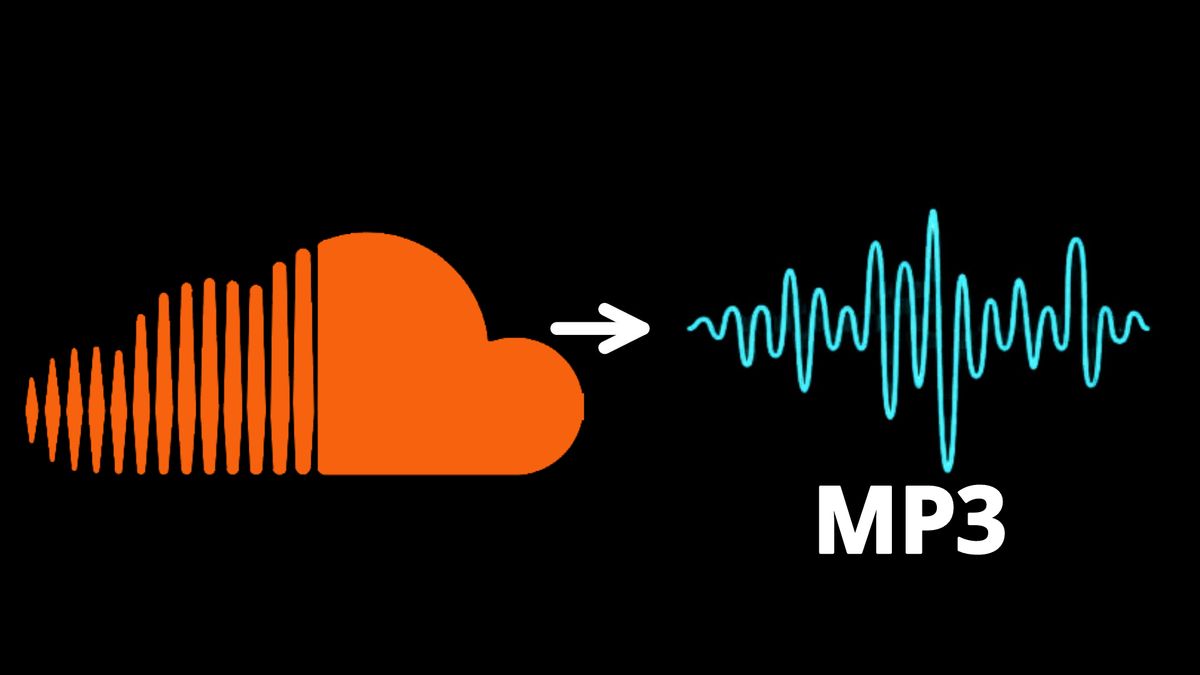
Artificial Intelligence has rapidly transformed various aspects of our lives, and content creation is no exception. Do you know what is AI writing exactly?
AI writing refers to the utilization of artificial intelligence, particularly natural language processing, and machine learning algorithms, to generate human-like text content.
In this comprehensive exploration, we will delve into what AI writing entails, its underlying technologies, and the profound impact it has on content creation across diverse industries.
What is AI Writing?
AI writing has become a hot topic nowadays. Searching this keyword in Niche Finder's Keywords Niche, we find its monthly search volume is up to 40.5k, which means many people are interested in this field.

So what does AI writing mean? AI writing refers to the use of artificial intelligence technologies, particularly natural language processing (NLP) and machine learning algorithms, to create human-like text content.
Unlike traditional writing methods where humans manually craft every word, AI writing automates parts or the entirety of the content generation process.
Read More: What is AI-Generated Art?
How Does AI Writing Work?

At the core of AI writing is natural language processing, a subset of AI that enables machines to comprehend, interpret, and generate human-like language.
Machine learning algorithms, trained on vast datasets, empower AI writing tools to understand patterns, context, and linguistic nuances.
These tools can then generate coherent and contextually relevant content based on specific inputs or prompts.
Related Reading: Can Google Detect AI Content?
4 Types of AI Writing Tools
Here are four types of AI writing tools.
Content Generators
AI writing tools like OpenAI's GPT-3 or Writesonic can generate various types of content, including articles, blog posts, social media captions, and more.
Users provide prompts or input, and the AI engine produces content that aligns with the given context.
Copywriting Assistants
Tools like Jasper or Copysmith focus on aiding copywriters in creating compelling marketing copy. These AI writing assistants can suggest improvements, generate creative ideas, and enhance overall copy quality.
Translation Services
AI writing plays a pivotal role in language translation. Platforms like Google Translate leverage AI algorithms to provide accurate and contextually appropriate translations, making communication across languages more accessible.
Chatbots and Virtual Assistants
AI-driven chatbots and virtual assistants, such as those developed by companies like ChatGPT or Siri, utilize AI writing to engage in natural language conversations with users. These applications are widely used in customer support, providing instant responses and assistance.
What Are the Advantages of AI Writing?
1. Efficiency and Speed: One of the primary advantages of AI writing is its ability to generate content swiftly. AI-powered tools can produce large volumes of text in a fraction of the time it would take a human, enhancing overall efficiency.
2. Consistency: AI writing ensures consistency in tone, style, and messaging, which is crucial for maintaining a cohesive brand identity across various content channels.
3. Creativity and Innovation: AI writing tools can spark creativity by suggesting unique ideas, angles, and phrases. This collaborative approach between AI and human creativity often leads to innovative and engaging content.
4. Language Translation: AI-driven translation services facilitate effective communication across language barriers, fostering global connectivity and understanding.
What Are the Limitations of AI Writing?

AI writing also has some limitations.
It Still Needs the Human Touch
While AI-generated text may appear flawless, it often lacks crucial human elements. AIs, devoid of human experience, may overlook essential linguistic components like metaphors, analogies, cultural context, humor, empathy, and emotional depth.
Consequently, humans must meticulously review and revise any content generated by AI to infuse it with these vital details, ensuring a more nuanced and contextually rich expression.
Its Applications Are Limited
Despite the remarkable capabilities of AI writing software, its effectiveness has limitations. It excels in generating concise text, typically around 200 words or less.
Beyond this threshold, AI-generated content may exhibit errors, unintelligibility, repetition, or monotony. Additionally, there's a risk of unclear transitions between sections.
To ensure coherence and quality, final text adjustments or partial rewriting may be necessary before publication.
It Lacks Human Knowledge and Expertise
Despite the remarkable speed and information assimilation capabilities of artificial intelligence, it doesn't inherently surpass a human content writer.
While AI excels in certain tasks, such as rapid learning, it may not be suitable for generating content like technical manuals or research reports.
Potential issues may arise in maintaining a logical flow of ideas, and there is a risk of producing low-quality content. In such cases, relying on a human writer remains crucial for ensuring the coherence and quality of complex and nuanced materials.
AI May Struggle With Content for Niche Audiences
One distinct ability human writers possess, which AI writers lack, is the flexibility to adjust their style and tone to cater to different audiences.
AI-generated writing might occasionally sound formal or rigid. When managing a blog with a specific audience, like PvP gamers, engaging content becomes paramount.
Incorporating slang and dialect, when done skillfully, enhances the connection with the audience. While AI content writers can come close to producing such content, a final human review is likely essential to ensure nothing unconventional slipped through the cracks.
Ultimately, the adaptability and nuanced understanding of human writers remain invaluable for audience-specific content.
Conclusion on What is AI Writing
Now you should know what is AI writing.
AI writing represents a paradigm shift in content creation, offering unparalleled speed, efficiency, and innovation.
From marketing to journalism, education to customer support, AI writing has permeated various industries, reshaping the way we communicate and consume information.
As we navigate the evolving landscape of AI, it is crucial to embrace responsible development, ethical use, and ongoing advancements to harness the full potential of AI writing in shaping the future of content creation.

